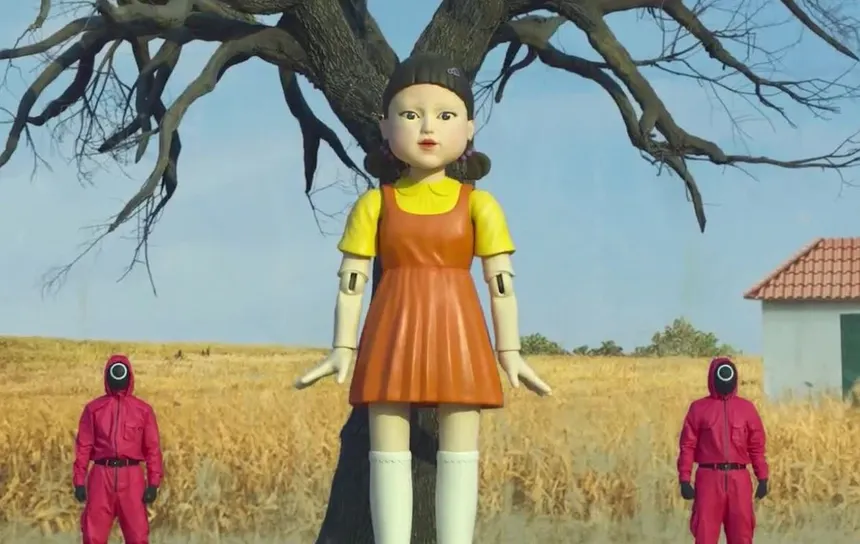Squid Game, the global Netflix sensation, is not a direct retelling of any single true story, but it is deeply connected to real-life issues. The show blends fiction with reality, drawing inspiration from economic struggles, class disparities, and childhood games. Hwang Dong-hyuk, the creator, has openly discussed how his personal financial hardships and South Korea’s societal inequalities influenced the story.
One major inspiration for the series came from the 2009 SsangYong Motor labor strikes. These protests saw laid-off workers clash violently with authorities, highlighting deep socio-economic struggles. The show’s portrayal of desperate contestants fighting for survival mirrors the struggles of those affected by systemic issues, making the series feel emotionally authentic and resonant with audiences.
Hwang first conceived the concept of Squid Game in 2009, but it was initially rejected for being too violent and unrealistic. However, the show found its audience during the COVID-19 pandemic, when global economic and social challenges brought a new relevance to its critique of capitalism. The timing of the release allowed the show to tap into collective anxieties, making the themes of inequality and desperation even more relatable to viewers around the world.

While Squid Game is not a true story in the literal sense, it draws from real-world events and experiences. The show’s exploration of class, economic hardship, and systemic exploitation captures the essence of today’s social reality. Hwang has stated that it is “a story about losers,” which emphasizes the human condition, survival, and desperation in a world that can often seem unfair.
The show’s debut during the pandemic gave it even more significance, as audiences worldwide recognized the parallels between the series and the growing economic disparities and anxieties of the time. This global success proved the power of storytelling that resonates with lived experiences, encouraging viewers to critically examine the systems that shape their lives.





